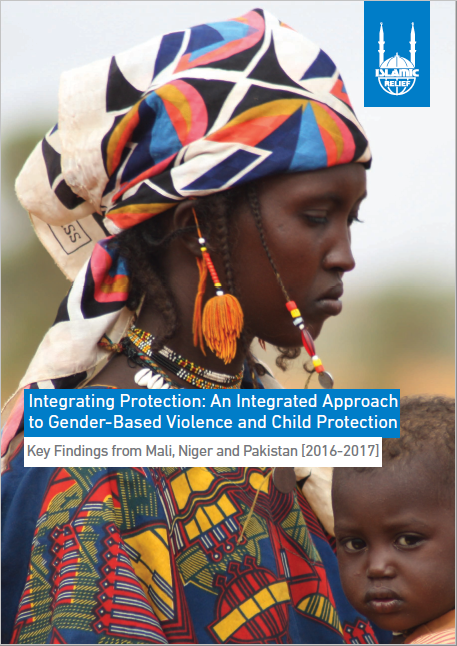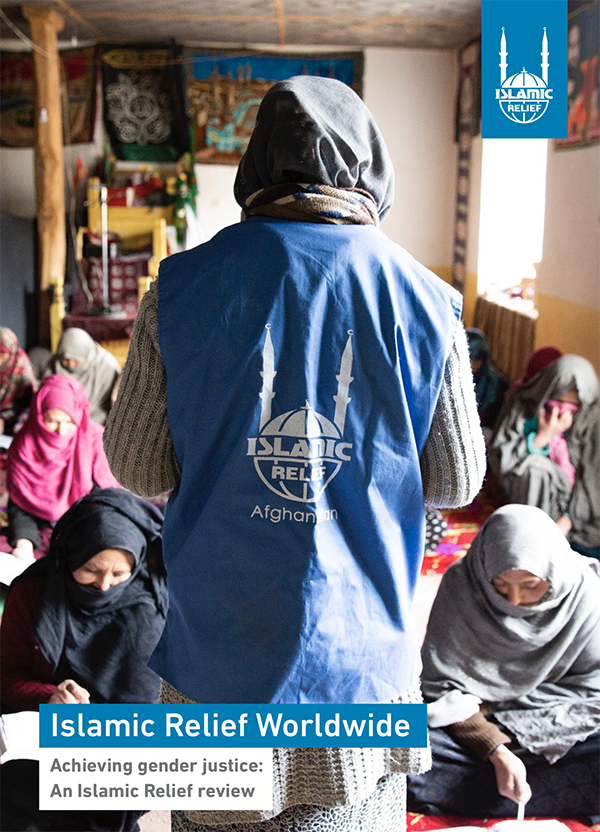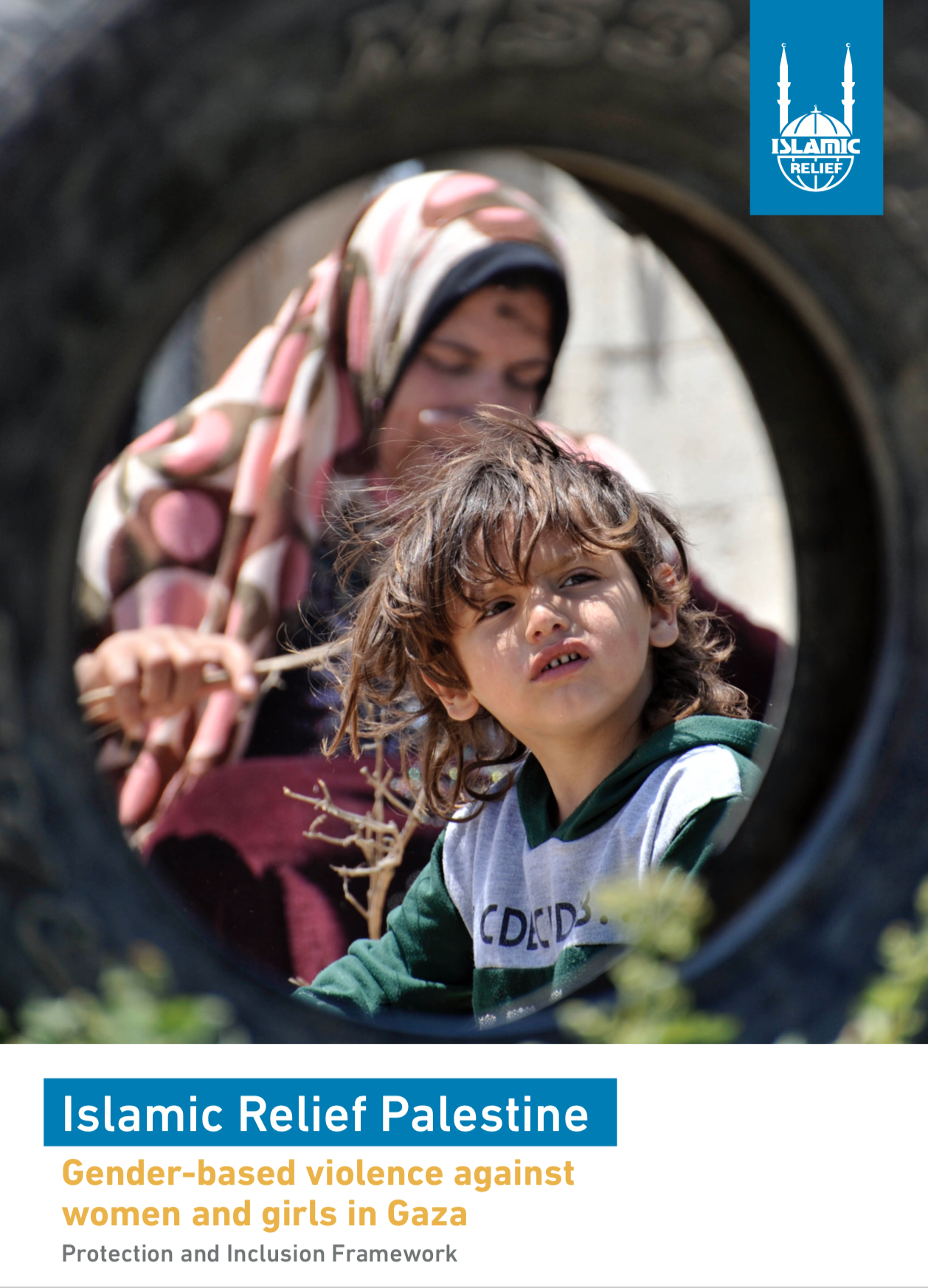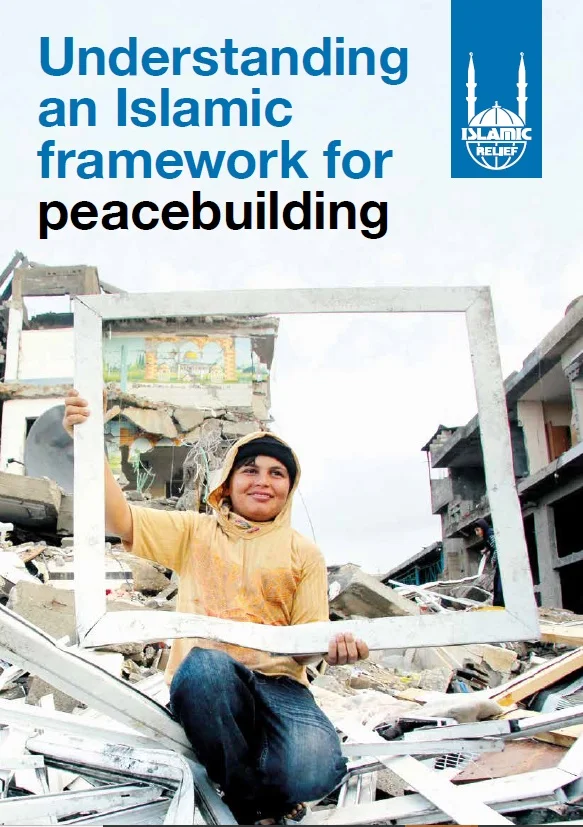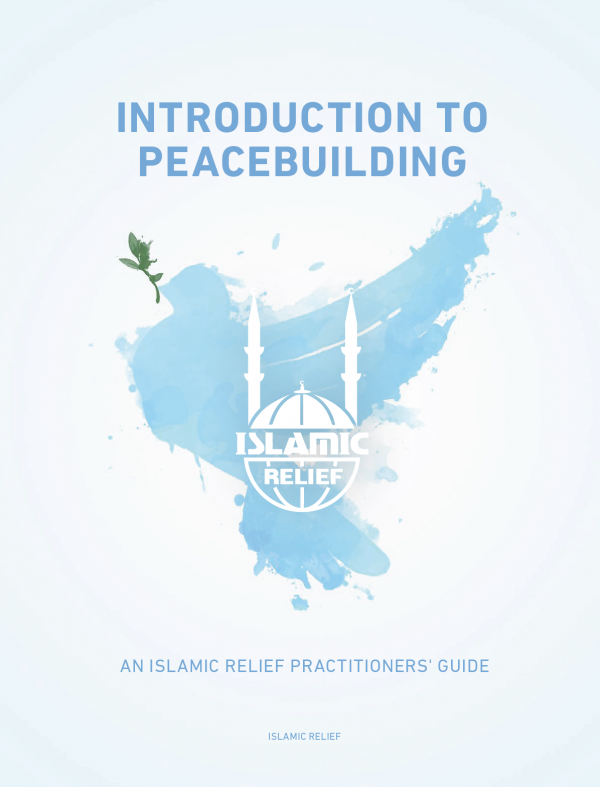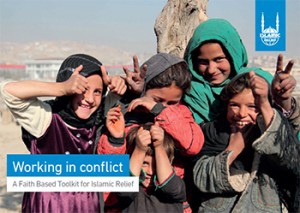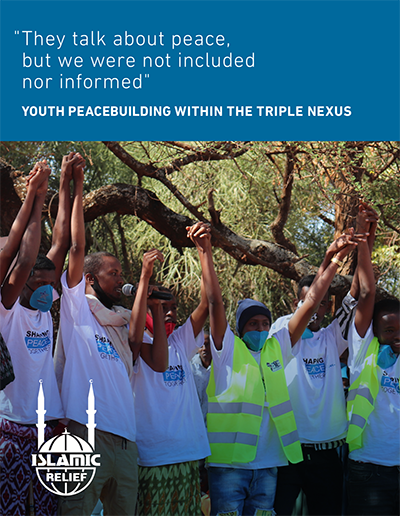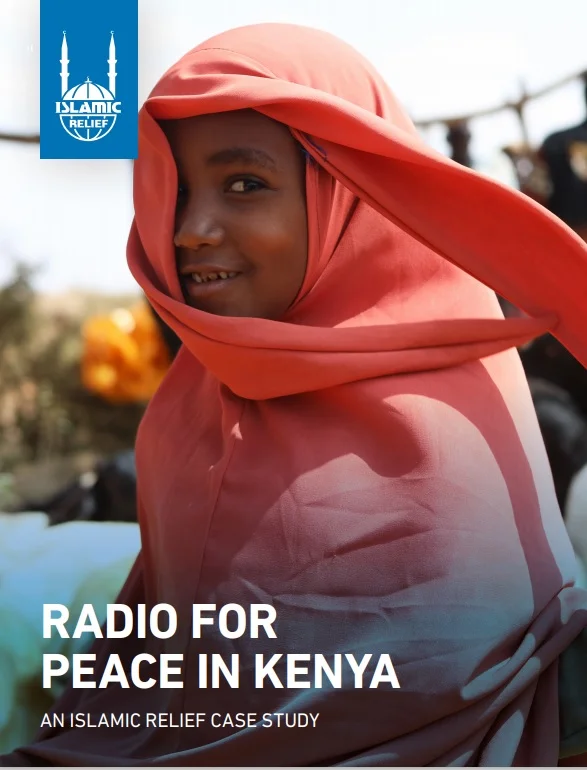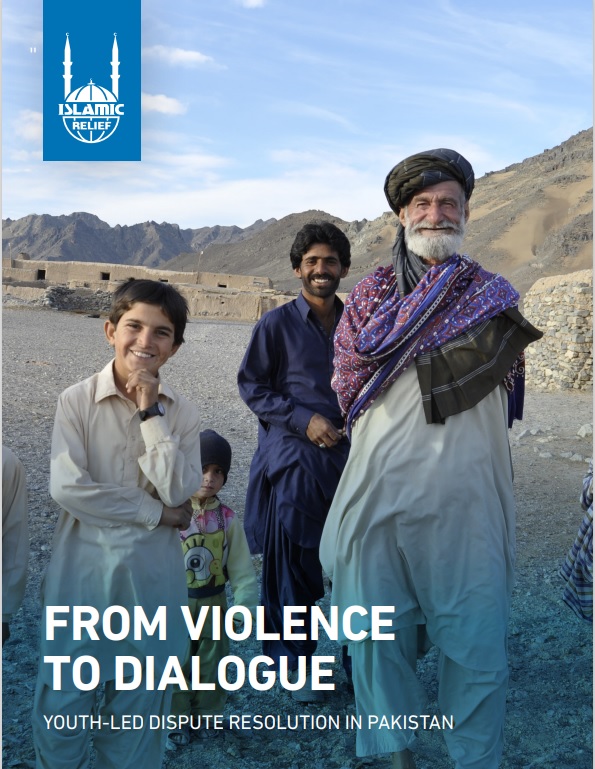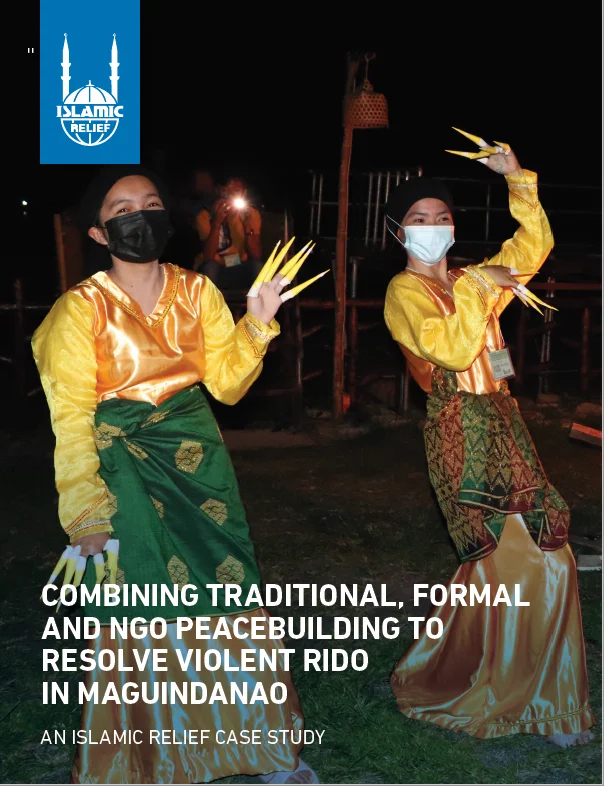Integrating Protection: An Integrated Approach to Gender-Based Violence and Child Protection
This document summarises key lessons from integrating Gender Based Violence and Child Protection activities into humanitarian programmes in Mali, Niger and Pakistan. It documents best practice examples and evaluates strategies that worked best based on the different contexts. It also highlights several case studies and provides recommendations for donors, partner organisations and other stakeholders.
Download/View publication

